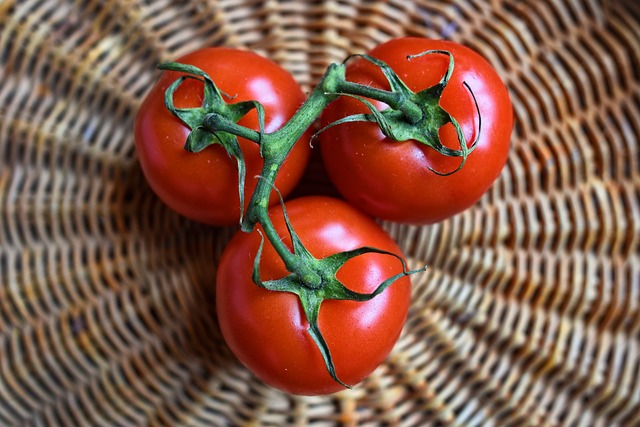Mastering Your Metabolism: How Probiotics Can Help You Achieve Weight Loss Goals
When it comes to weight loss, many people focus solely on diet and exercise. While these factors are certainly important, there is another player that often goes unnoticed – your metabolism. Your metabolism is the process by which your body converts food into energy. A sluggish metabolism can make it difficult to lose weight, no matter how hard you try. But fear not, there is a natural way to give your metabolism a boost – probiotics.
The Role of Probiotics
Probiotics are live bacteria and yeasts that are good for your health, especially your digestive system. They are often referred to as “good” or “friendly” bacteria because they help keep your gut healthy.
While most people associate probiotics with gut health and improved digestion, research has shown that these beneficial microorganisms can also have a significant impact on your metabolism. This is due to the intricate connection between the gut microbiota and metabolic processes.
How Probiotics Affect Your Metabolism
1. Increase Energy Expenditure: Probiotics have been found to increase energy expenditure, which is the number of calories your body burns at rest. This can help you burn more calories throughout the day, even when you’re not exercising.
2. Reduce Calorie Absorption: Certain strains of probiotics, such as Lactobacillus gasseri and Lactobacillus rhamnosus, have been shown to reduce the absorption of dietary fat, leading to lower calorie intake. This can be particularly beneficial for weight loss.
3. Regulate Appetite: Probiotics can help regulate appetite by influencing the production of hormones that control hunger and satiety. By promoting feelings of fullness, they can prevent overeating and cravings, making it easier to stick to a healthy eating plan.
4. Balance Blood Sugar Levels: Imbalanced blood sugar levels can contribute to weight gain and make it harder to shed those extra pounds. Probiotics have been found to improve insulin sensitivity and regulate blood sugar levels, which can help in weight management.
The Best Probiotic Sources
If you’re looking to incorporate probiotics into your diet, there are several excellent sources to choose from:
1. Yogurt: Yogurt is one of the most well-known probiotic sources. Look for yogurts that contain live and active cultures, as these are the ones that provide the beneficial bacteria.
2. Kefir: Kefir is a fermented milk drink that is packed with probiotics. It has a tangy taste and can be enjoyed on its own or used as a base for smoothies or salad dressings.
3. Sauerkraut: Sauerkraut is a type of fermented cabbage that is both delicious and rich in probiotics. It can be eaten on its own or added to sandwiches, salads, or even stir-fries.
4. Kimchi: Kimchi is a traditional Korean side dish made from fermented vegetables, usually cabbage and radishes. It is spicy, flavorful, and loaded with probiotics.
5. Tempeh: Tempeh is a fermented soybean product that is popular in vegetarian and vegan diets. It can be used as a meat substitute in various recipes and is a great source of probiotics and protein.
Conclusion
When it comes to weight loss, paying attention to your metabolism is crucial. By incorporating probiotics into your diet, you can give your metabolism a boost and make it easier to achieve your weight loss goals. Probiotics not only improve digestion but also increase energy expenditure, reduce calorie absorption, regulate appetite, and balance blood sugar levels. So, add some probiotic-rich foods to your daily meals and watch your metabolism work its magic!







